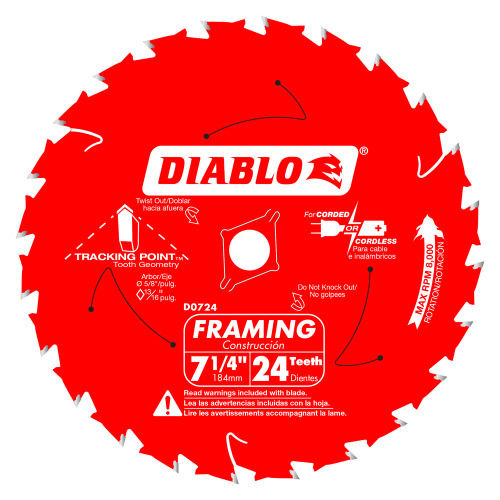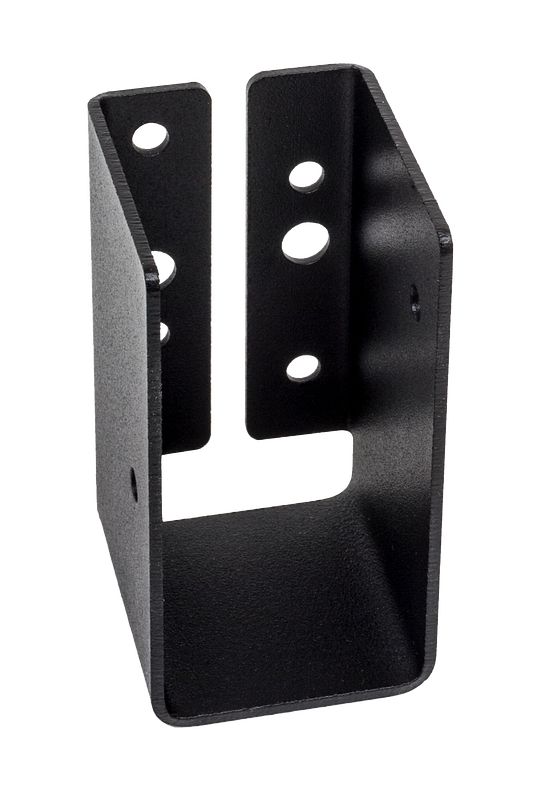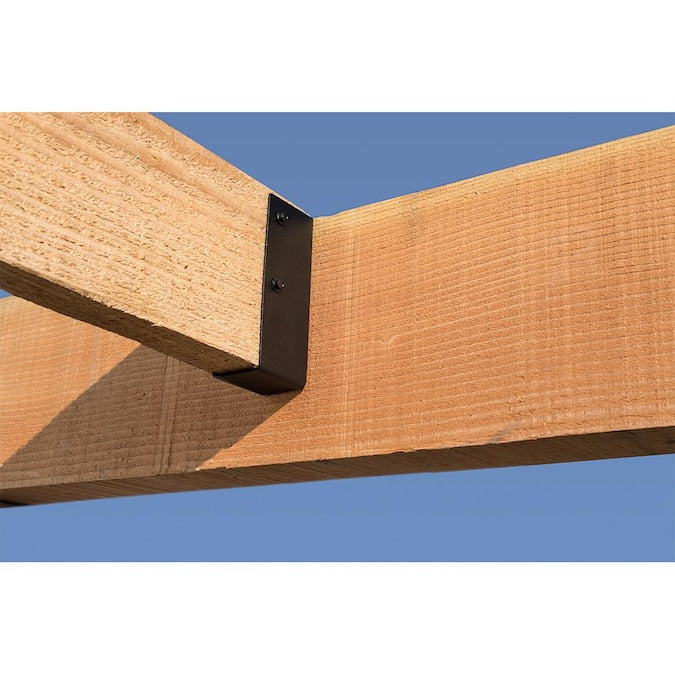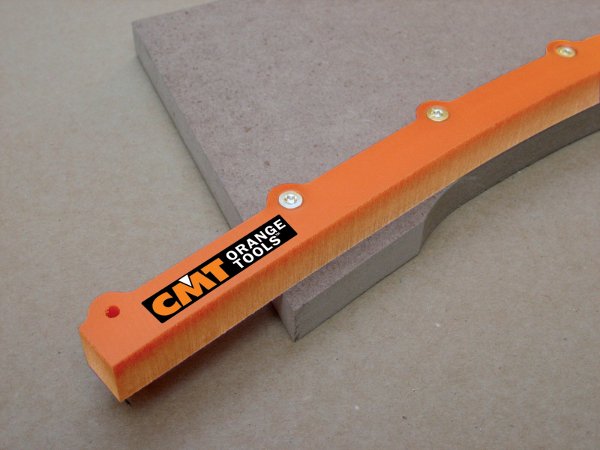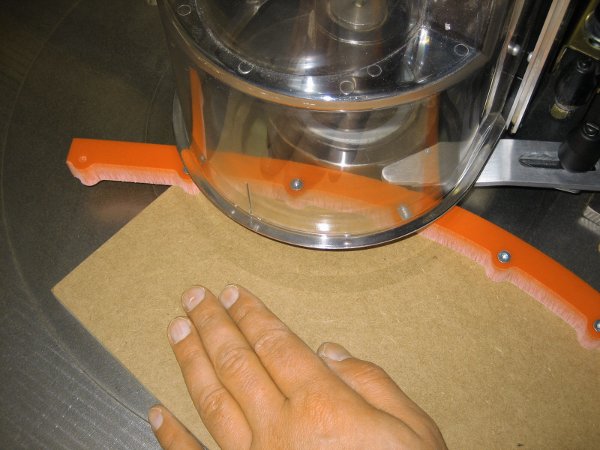Selecting the right tools and materials is crucial when we engage in any building or repair project. One decision that often arises concerns the type of screw to use. More specifically, should one opt for coarse thread or fine thread screws? Understanding the core differences between the coarse thread vs fine thread can significantly impact the success of your project. This article will explore the world of screws and provide insights to help you make an informed choice.
Threads and Their Importance
Threads are the helical structures that wrap around the shaft of a screw. They determine how a screw will fit into a material and how much grip it will have. The depth, width, and spacing of these threads vary, leading to the categorization of screws into 'coarse thread' and 'fine thread.' These distinctions may seem minor but play a significant role in the performance and application of the screw.
Advantages of Coarse Thread Screws
Coarse thread screws have more expansive spaces between each thread. This design makes them quicker to insert or remove because they advance faster with each turn. Moreover, these screws offer a better grip on softer materials like wood. Their broader threads can bite and hold onto such materials more effectively than their fine-thread counterparts. If your project involves more delicate materials, you might find that coarse thread screws save time and offer a more secure fit.
Benefits of Fine Thread Screws
On the other hand, fine thread screws come with threads that are closer together. This closeness provides a few distinct advantages. Firstly, these screws tend to have a higher tensile strength, which means they can bear more load without breaking. This makes them ideal for situations where the joined materials will be under consistent stress or tension. Additionally, because of the tight thread spacing, fine thread screws are less likely to loosen due to vibrations. Therefore, for projects involving machinery or where vibration can be a concern, fine thread screws can prove invaluable.
Considering the Material
The material you are working with is pivotal in the screw selection process. As mentioned, coarse thread screws are often favored for softer materials due to their ability to grip more effectively. Conversely, fine thread screws are preferable for harder materials like metal or hard plastics. The closer threads allow the screw to grip tightly in these dense materials without causing as much material displacement, which could weaken the bond.
Ease of Use and Availability
While the technical advantages of each screw type are essential, practical considerations are just as vital. Coarse thread screws, being more commonly used, are generally easier to find in stores. Their faster insertion time can be a boon for larger projects where time is a factor. Fine thread screws, though slightly less common, offer precision and strength, which can be crucial for specialized tasks or projects prioritizing longevity and durability over speed.
Incorporating Simpson Strong-Tie Connectors into Your Project
Integrating proven solutions can make a significant difference in the outcome as you embark on any construction or repair task. One such trusted solution in the construction industry is using Simpson Strong-Tie connectors. These specially designed fixtures help hold various construction materials together, ensuring strength and stability.
The most appealing trait of Simpson Strong-Tie connectors is their commitment to durability. These connectors are crafted with precision, using the highest quality materials, ensuring they resist wear and tear even in demanding conditions. Their use in a project guarantees a structure that can withstand external pressures and challenges for a long time. Beyond durability, these connectors prioritize safety. Since structural failures can be catastrophic, integrating these connectors ensures that all parts of a building or structure remain firmly in place, minimizing risks.


